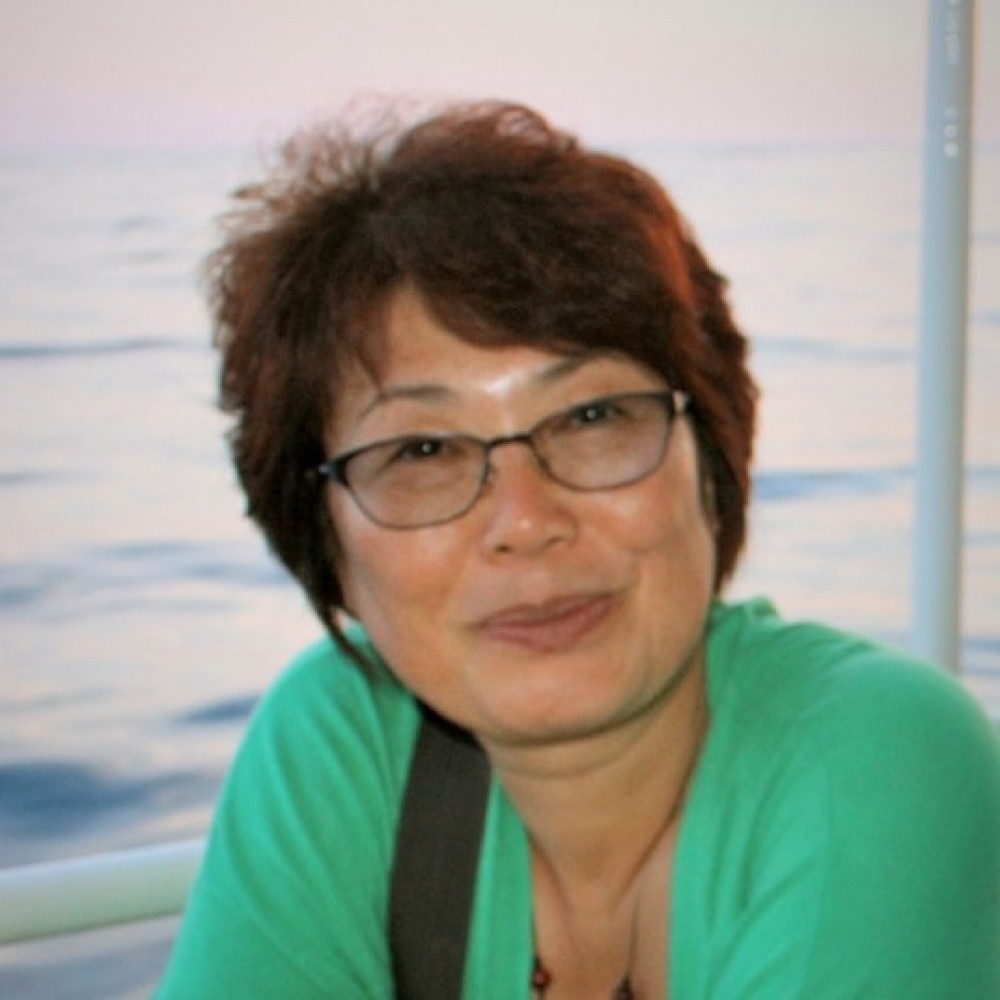Martha Kim is chairperson of New Zealand-based Korean mental health and addiction awareness group Sae Woom Tor Charitable Trust.
“The mental health system is very different in Korea. A diagnosis there can quickly lead to an expectation of lengthy inpatient care, social isolation and a fear they will not recover. It means that Korean families now living in New Zealand may already have a negative view of mental health care," she says.
“Stigma is attached to an experience of mental illness. It can be perceived as indicating a weak or flawed personality, or attributed to poor parenting amongst some Koreans, which may bring shame to the family.”
“Stigma is attached to an experience of mental illness. It can be perceived as indicating a weak or flawed personality, or attributed to poor parenting amongst some Koreans, which may bring shame to the family.”

Martha says the experience is highly distressing for the person affected as well as their family, especially because of the importance of not ‘che-myun' (losing face) due to shame.
As a mental health nurse, Martha recalls seeing one situation where a Korean woman was admitted to a New Zealand emergency department after a suicide attempt.
“Despite clear evidence, she flatly denied that she attempted suicide and refused to be seen by a psychiatric team. She eventually disclosed depressive symptoms as well as her intention behind the attempt.
As a mental health nurse, Martha recalls seeing one situation where a Korean woman was admitted to a New Zealand emergency department after a suicide attempt.
“Despite clear evidence, she flatly denied that she attempted suicide and refused to be seen by a psychiatric team. She eventually disclosed depressive symptoms as well as her intention behind the attempt.
“While she was being interviewed, I overheard others who were there to support her, saying that she and her husband should both deny that this was a suicide attempt. She never responded to our follow ups after being discharged from the emergency department.”
Martha says the desire to minimise any mental health issues is quite common because there is a fear that anonymity cannot be kept as the Korean community in New Zealand is relatively small and close-knit.
Martha says the desire to minimise any mental health issues is quite common because there is a fear that anonymity cannot be kept as the Korean community in New Zealand is relatively small and close-knit.
Changes afoot here and in Korea
Recently, Martha notes, there have been positive changes in people's perception of mental illness in Korea thanks to well-known Korean public figures speaking out about their own struggles.
She feels, however, that older Koreans living in New Zealand are one step removed from that progress.
“Not only are they unfamiliar with the New Zealand health systems, there are also the significant barriers of culture and language,” she says. “Second generation Koreans are possibly a bit more aware and forthcoming about their mental health issues, but still struggle to get the whole family on board.”
Recently, Martha notes, there have been positive changes in people's perception of mental illness in Korea thanks to well-known Korean public figures speaking out about their own struggles.
She feels, however, that older Koreans living in New Zealand are one step removed from that progress.
“Not only are they unfamiliar with the New Zealand health systems, there are also the significant barriers of culture and language,” she says. “Second generation Koreans are possibly a bit more aware and forthcoming about their mental health issues, but still struggle to get the whole family on board.”
It was concern for these barriers that left Martha with a desire to share her knowledge with the Korean community and reduce their vulnerability when engaging with mental health services. She founded Sae Woom Tor in 2009, with five others, to advocate for awareness about New Zealand mental health services within the Korean community.
Finding your inner Korean-ness
Sae Woom Tor have just published a new booklet Mental health and recovery: Towards My Inner Han-gu-ghin (Korean/Korean-ness) they hope will be a valuable tool for gently guiding Koreans through mental health services towards recovery.
It has been written in Korean by a team of dedicated Sae Woom Tor members, who had to find language and terms familiar to Koreans that focus on recovery, and deal with stigma and shame associated with mental illness.
“The booklet has a strong emphasis on Korean cultural themes and perspectives and includes step-by-step advice on how to access and engage with mental health professionals; a brief introduction to major mental illnesses, different types of treatments and interventions available, and useful contact details for information and support.
Sae Woom Tor have just published a new booklet Mental health and recovery: Towards My Inner Han-gu-ghin (Korean/Korean-ness) they hope will be a valuable tool for gently guiding Koreans through mental health services towards recovery.
It has been written in Korean by a team of dedicated Sae Woom Tor members, who had to find language and terms familiar to Koreans that focus on recovery, and deal with stigma and shame associated with mental illness.
“The booklet has a strong emphasis on Korean cultural themes and perspectives and includes step-by-step advice on how to access and engage with mental health professionals; a brief introduction to major mental illnesses, different types of treatments and interventions available, and useful contact details for information and support.
“We want our community to feel empowered and know that they’re not alone.”
The printing of this resource was made possible through funding from Kai Xin Xing Dong, a Like Minds, Like Mine programme to reduce stigma and discrimination for Asian young people with experience of mental illness.
The printing of this resource was made possible through funding from Kai Xin Xing Dong, a Like Minds, Like Mine programme to reduce stigma and discrimination for Asian young people with experience of mental illness.
